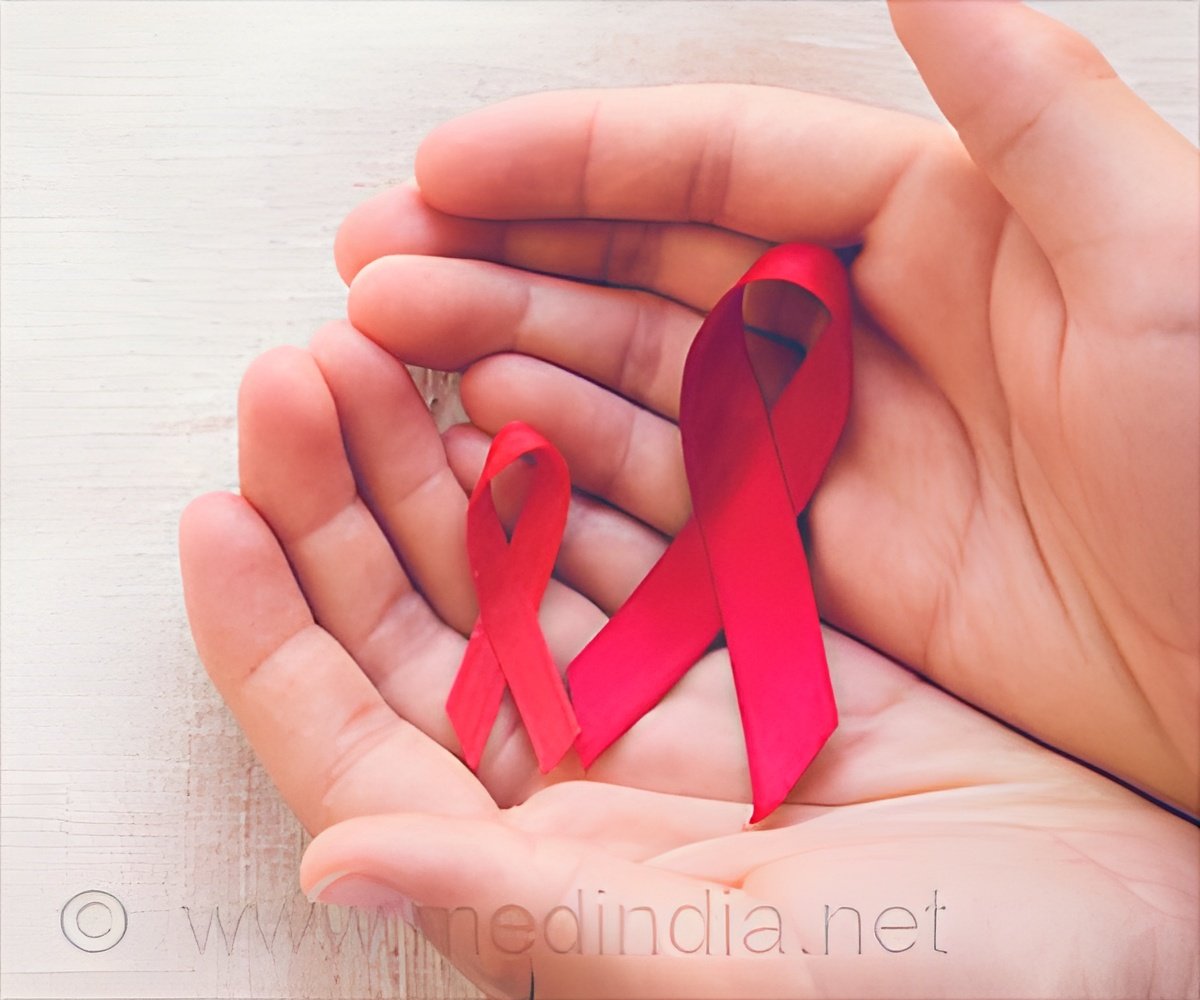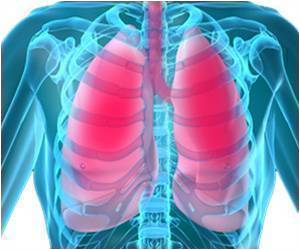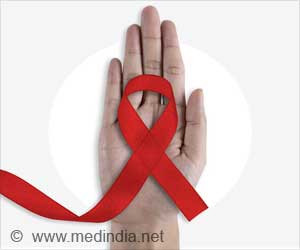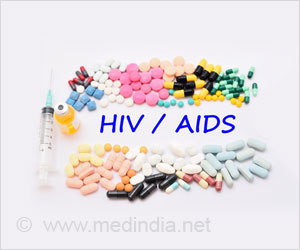Newly identified antibodies were found to be effective in neutralizing the HIV virus.

‘The newly described antibody has the ability to attach to the outer layer of HIV at a patch of glycans -- the chain-like structures of sugars that are on the surfaces of cells, including the outer shells of viruses.’





In a study appearing online May 20 in the journal Cell, the researchers describe an immune cell found in both monkeys and humans that produces a unique type of anti-glycan antibody. "This represents a new form of host defense," said senior author Barton Haynes, M.D., director of the Duke Human Vaccine Institute (DHVI). "These new antibodies have a special shape and could be effective against a variety of pathogens. It's very exciting."
Haynes and colleagues -- including lead author Wilton Williams, Ph.D., director of the Viral Genetics Analysis Core at DHVI and co-author Priyamvada Acharya, Ph.D., director of the Division of Structural Biology at DHVI -- found the antibody during a series of studies exploring whether there might be an immune response targeted to glycans that cover the outer surface of HIV.
More than 50% of the virus's outer layer is comprised of glycans. Haynes said it has long been a tempting approach to unleash anti-glycan antibodies to break down these sugar structures, triggering immune B-cell lymphocytes to produce antibodies to neutralize HIV.
Advertisements
Instead, HIV is cloaked in sugars that look like the host's glycans, creating a shield that makes the virus appear to be part of the host rather than a deadly pathogen.
Advertisements
To date, there was only one report of a similar anti-glycan HIV antibody with an unusual structure that was found 24 years ago (termed 2G12). The Duke team has now isolated several FDG antibodies and found that they display a rare, never-before-seen structure that resembled 2G12. This structure enables the antibody to lock tightly onto a specific, dense patch of sugars on HIV, but not on other cellular surfaces swathed in host glycans.
"The structural and functional characteristics of these antibodies can be used to design vaccines that target this glycan patch on HIV, eliciting a B-cell response that neutralizes the virus," Williams said.
"These antibodies are actually much more common in blood cells than other neutralizing antibodies that target specific regions of the HIV outer layer," Williams said. "That's an exciting finding, because it overcomes one of the biggest complexities associated with other types of broadly neutralizing antibodies."
Williams said the FDG antibodies also bind to a pathogenic yeast called Candida albicans, and to viruses, including SARS-CoV-2, which causes COVID-19. Additional studies will explore ways of harnessing the antibody and deploying it against these pathogens.
Source-Eurekalert















